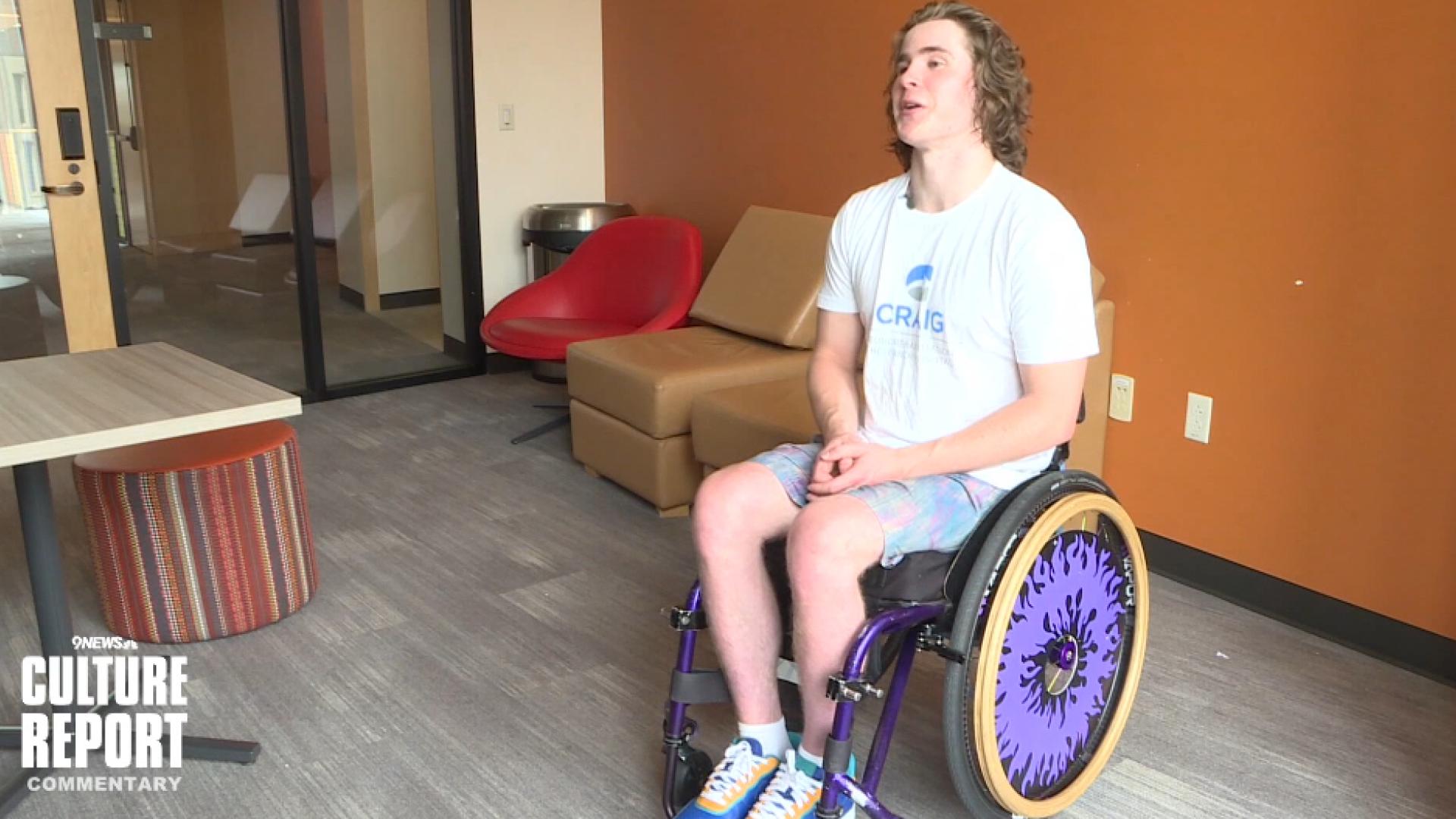DENVER — A freshman at the University of Denver is more than just a student — he's an inspiration to hundreds of thousands of people around the world.
After being partially paralyzed following an injury more than three years ago, Mason Branstrator, a Minnesota native, started posting videos about his experience learning how to adapt to life as a wheelchair user.
Today, with more than 250,000 Instagram followers, Branstrator continues to create weekly content, from wheelchair tips to day-in-the-life videos to concert adventures.
"I think it's so important for people to see that life with a disability can be super exciting," he said. "And that you can have a good time with it and explore and try new things and you don't have to let it hold you back from living life."

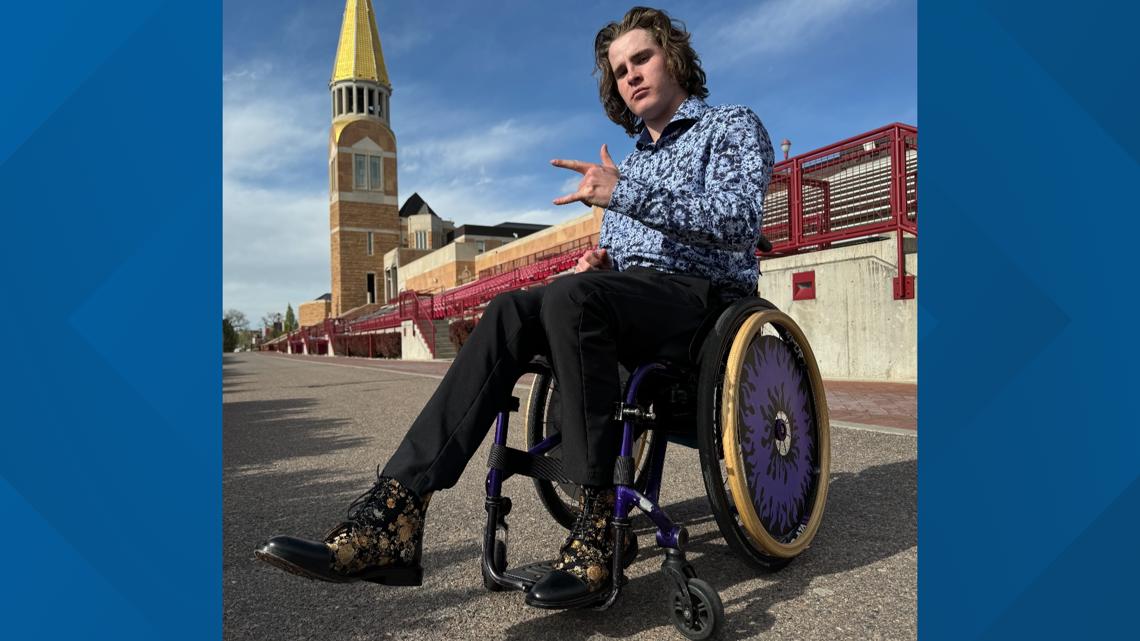
After his injury, Branstrator said he realized that sharing his story through social media was his mission, but his passion to inspire others existed before that.
"It all started more than three years ago, and I was in the car with my dad," Branstrator said. "And I remember talking to him, just kind of in the darkness, saying, 'Dad, I really want to help people, but why would anyone take advice from me and listen to me?'"
Two days after that conversation, Branstrator had a skiing accident. He said he hit his favorite jump and remembers thinking he was going a little bit fast before everything went black.
"And I woke up in the ICU, and the doctors came in and said, 'Mason, you're paralyzed,'" he said.

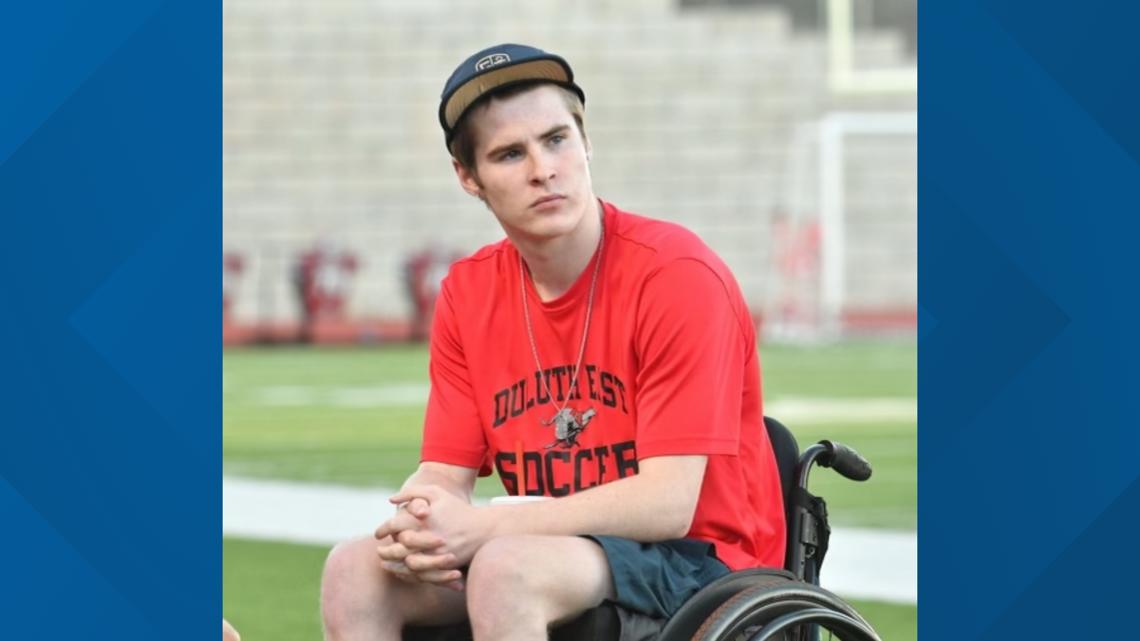
Branstrator said that as a 17-year-old in his junior year of high school, he worried about what the next chapter of his life would be like — but one rehabilitation hospital in Denver changed his outlook.
"I was flown here, and as soon as I got into the doors of Craig Hospital, like, people were just smiling and super optimistic," Branstrator said. "And I knew everything was going to be okay from that point on."
He said he took that time to learn as much as he could from physical therapists and fellow patients. In later years, he found out that not all paralyzed people had the knowledge and resources he obtained at Craig Hospital.
"When I started making videos, people started coming to me and they were like, 'Why do you have, you know, how do I be like you? Like, how do I smile through this? Like, things are really hard,' you know," he said. "And that's when I realized that I could help a lot of people."

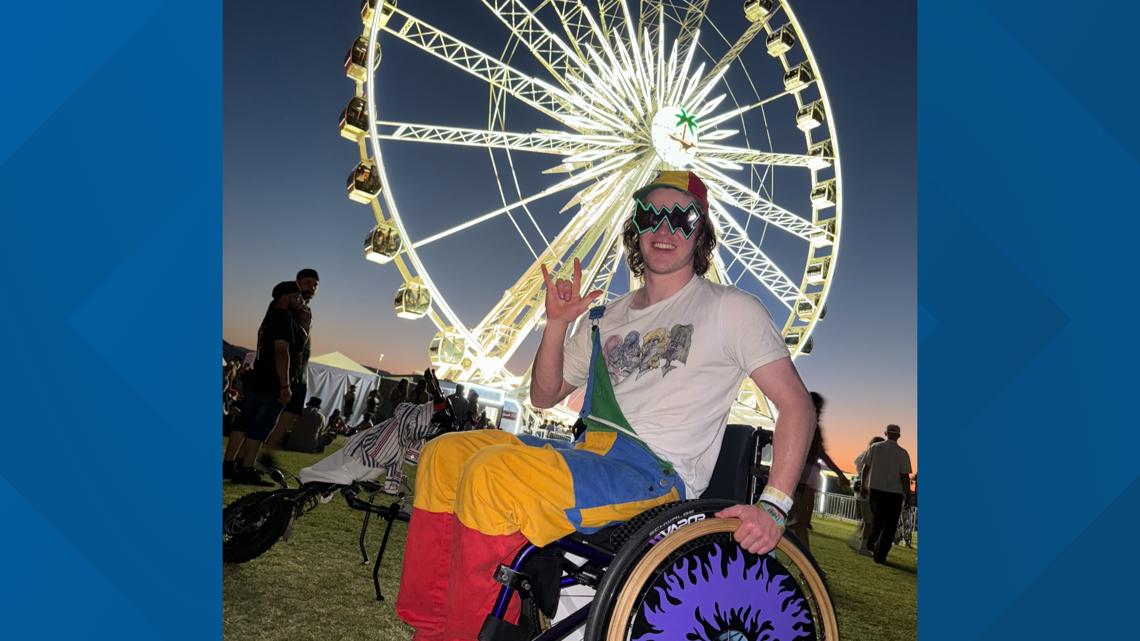
Through testing his own limits and sharing the process on social media, he’s helped others learn tools to be more functional. Branstrator said he’s received numerous messages saying his tips are helpful — even from people who live in entirely different countries.
“There was this moment where I got a message from somebody and he was like, ‘Hey man, like, I'm from Argentina and I just used your method of getting upstairs with your spasm,’” he said. “And he said, ‘Sending you a big hug,’ and he sent a video of him going upstairs, standing on his spasms on his legs. And I remember receiving that and just. Just falling, you know, like, like happy tears.”
However, Branstrator said it can be tricky to balance making content that shows wheelchair users how to adapt and do things on their own while also advocating for accessibility. To him, inclusion is important, but those who need accessibility shouldn’t always have to be the ones who push for it.
“Our lives are a lot harder in a lot of other ways, so we shouldn’t have to deal with things on top of it as well,” he said. “And I think a big thing that's a miss for accessibility in public spaces, but especially schools, is that it shouldn't be our responsibility to go in like and fill out some form and paperwork to file a report to get a door fixed.”

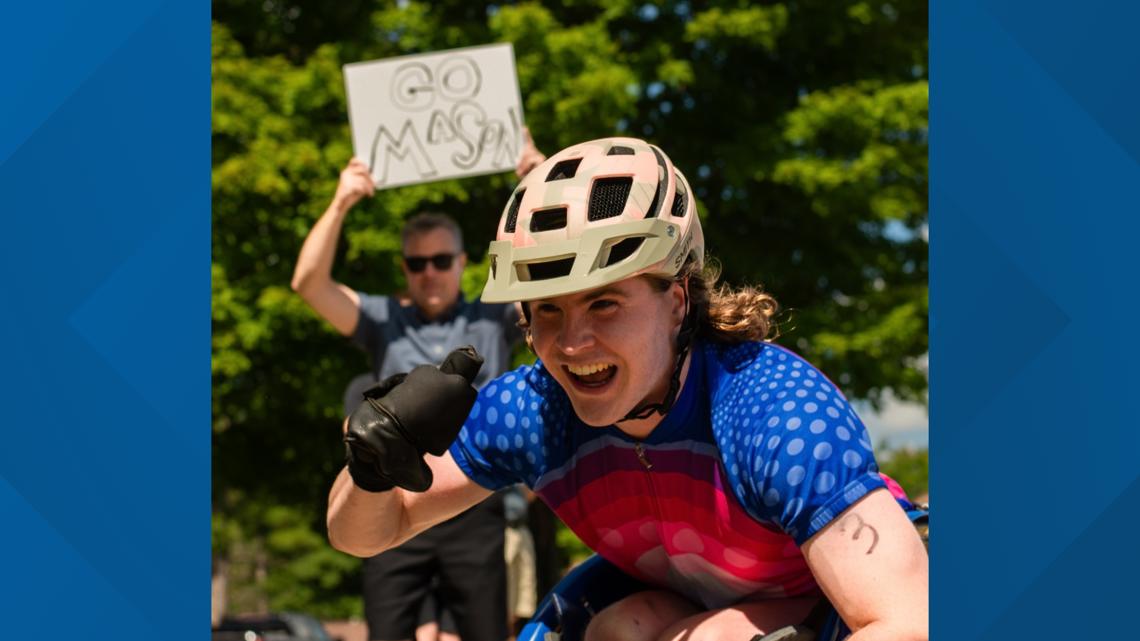
Aware that wheelchair users have a wide range of abilities, Branstrator said he hopes to use his platform to connect people with resources and highlight other disabled individuals and the methods they use to live successful, productive and exciting lives like his own.
He explained that, at the beginning of his journey, the hardest part was grappling with the unknown — but what was at the other end of that was priceless.
“I think that conquering the unknown is a really powerful thing and it allows you to then go and say yes to more things and adventure in your life,” he said.
> Watch Mason Branstrator's full conversation on the Culture Report:
SUGGESTED VIDEOS: The Culture Report

